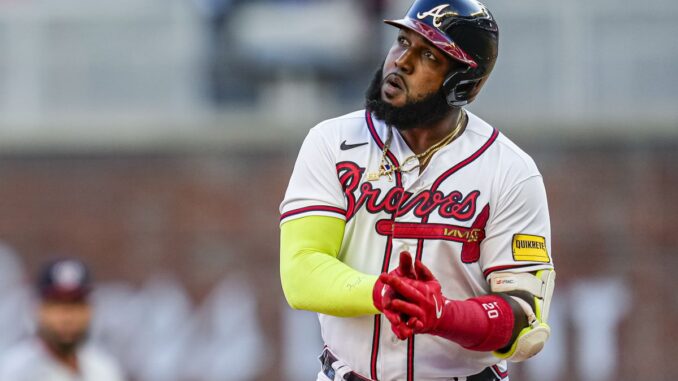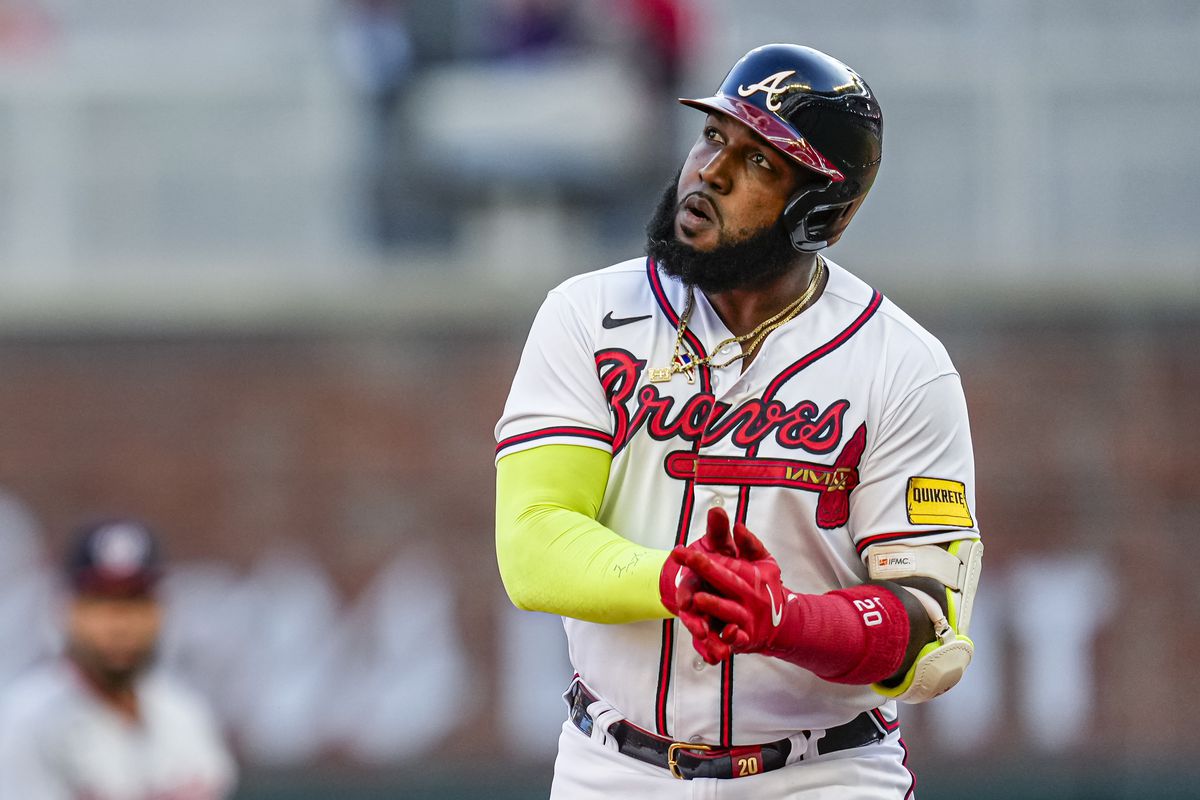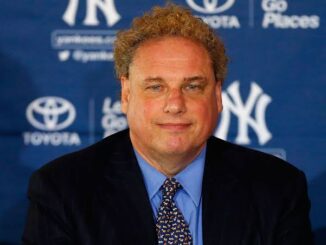

In the realm of sports, farewells are inevitable, but they seldom come devoid of emotion, especially when it involves a player who has made significant contributions to a team. The departure of Marcell Ozuna from the Atlanta Braves is one such instance that has stirred a mixture of sentiments among fans and pundits alike.
Ozuna’s journey with the Braves began in January 2020 when he signed a one-year, $18 million deal, bringing a blend of power hitting and defensive prowess to the team’s outfield. His impact was felt almost immediately, as he emerged as a key player during the truncated 2020 season, helping the Braves clinch their third consecutive National League East title.
However, beyond his on-field performance, Ozuna’s tenure with the Braves will be remembered for its tumultuous end. In May 2021, he was arrested and charged with aggravated assault by strangulation and battery – charges stemming from a domestic violence incident involving his wife. The Braves swiftly placed him on administrative leave, and MLB subsequently suspended him for 20 games. Although Ozuna returned to the lineup after serving his suspension, the stain of the incident lingered, casting a shadow over his time with the team.
Despite the controversy, Ozuna’s departure from the Braves is not solely defined by his off-field issues. Following the 2021 season, the Braves declined to extend his qualifying offer, making him a free agent. This decision, influenced by both financial considerations and the desire to address other areas of the roster, marked the beginning of the end of Ozuna’s tenure in Atlanta.
The Braves’ decision to part ways with Ozuna reflects the complexities faced by sports organizations when dealing with off-field misconduct by players. While teams have a responsibility to condemn and address such behavior, they also grapple with the practical implications of severing ties with valuable contributors to their success on the field.
As the Braves bid farewell to Ozuna, they are forced to confront broader questions about accountability, rehabilitation, and the role of professional sports in addressing social issues. While Ozuna’s departure signifies the team’s commitment to upholding standards of conduct, it also serves as a reminder of the broader societal challenges that transcend the realm of sports.
Looking ahead, the Braves will undoubtedly seek to fill the void left by Ozuna’s departure, both in terms of on-field production and the intangible qualities he brought to the clubhouse. As they navigate the complexities of player personnel decisions, they must remain cognizant of the broader implications and responsibilities that come with being stewards of a professional sports franchise.
In bidding farewell to Marcell Ozuna, the Atlanta Braves find themselves at a crossroads, grappling with the tension between athletic excellence and ethical accountability. While his departure marks the end of a chapter in Braves history, it also serves as a poignant reminder of the enduring complexities that define the intersection of sports and society.



Be the first to comment